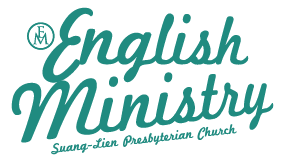2–8 August 2015.
Ecclesiastes 2:1–11 (click to read).
The Book of Proverbs gives simple descriptions of life, and simple suggestions to guide young children as they grow. But Ecclesiastes is for older readers, and it paints a more complicated picture of life. Here, life isn’t so simple, and the meaning of life is harder to understand.
A big challenge for young people is deciding which direction to take in life. Should we do what parents want us to do, or what we want to do? Should we do what makes us rich, or what makes us happy? What’s the best way?
The writer of Ecclesiastes decides to test out these many options. In chapter 1 he begins by choosing a life of wisdom and reason. But he soon finds that involves too many problems. So for his next test he wants to see if seeking pleasure is any better.
Many people think a life full of pleasure, a life without limits, would be fantastic. What could be better than having anything and everything you want?
So the writer imagines a life full of pleasures, from the tiniest and shallowest fun to the greatest and deepest joys. Alcohol, food, entertainment, women, and all the desires of the flesh; but also the deeper joys of work, and riches. In v. 10 he tells us: “Whatever my eyes desired I did not keep from them; I kept my heart from no pleasure.”
I think for many of us today, that sounds like a perfect life, a successful life! And while later in v. 24 the writer tells us indeed how great such a life can be, the test fails. The writer finds that pursuing pleasure doesn’t actually bring a life full of satisfaction. Instead, seeking pleasure just ends up feeling pointless. Joy is a wonderful thing to add to any life, but in itself it can never be the meaning or direction of life.
Jesus tells us that our direction in life is not to seek pleasure and happiness but to seek God’s kingdom: to love God and love one another. Only in that way can we experience a life that is real and true.
Pastor Stephen Lakkis



0 Comments